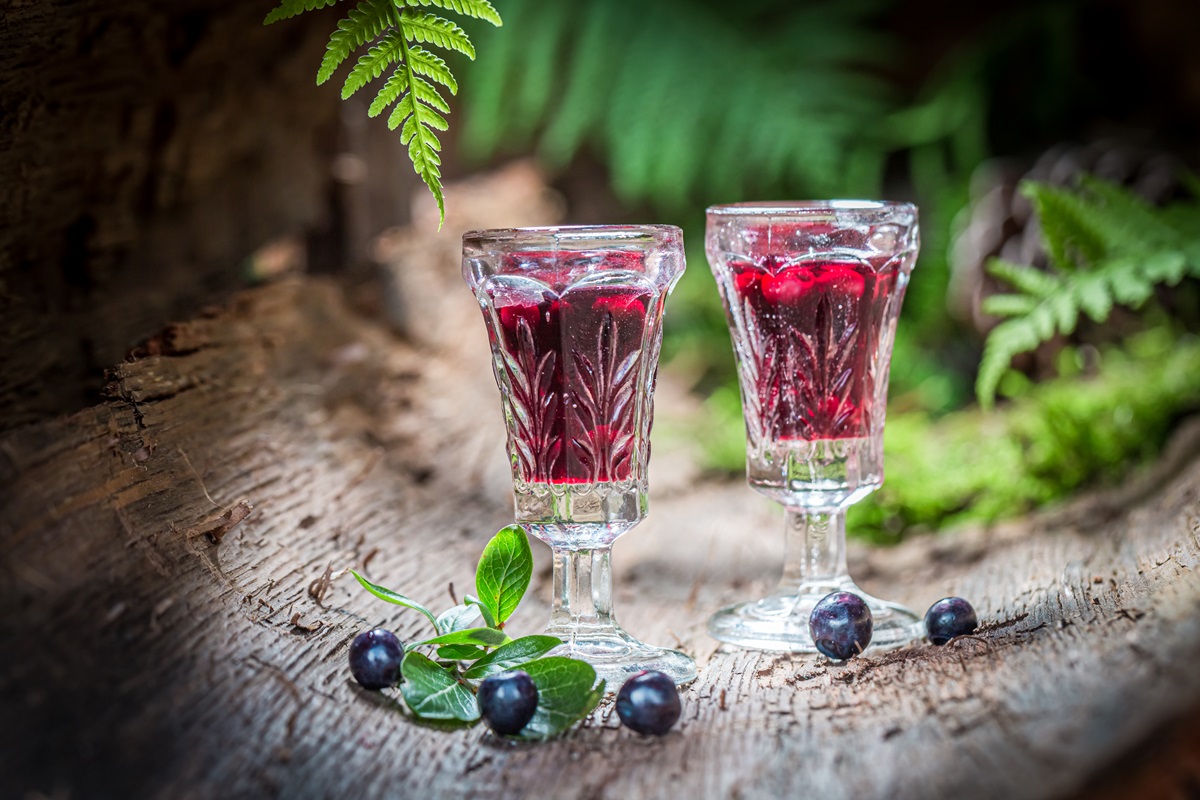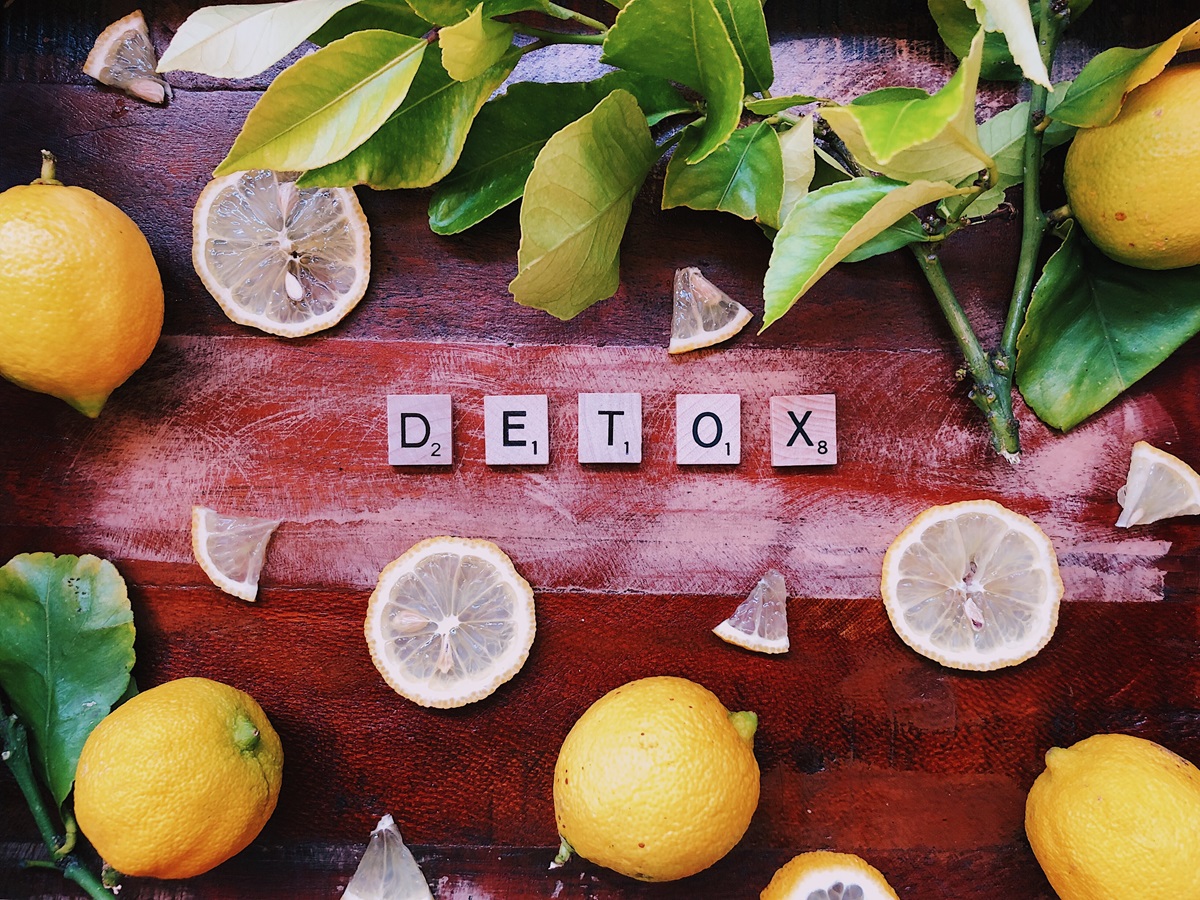As a personal trainer and sports coach, my life has always revolved around health and fitness, that is why I have quit alcohol so I can push the limits of physical and mental endurance. For years, I drank socially, just like everyone else, never really enjoying the taste but partaking nonetheless. It was a norm I never questioned, until recently.
The Decision to quit alcohol

The Turning Point
The pivotal moment in my journey came on September 20, 2023, during my birthday lunch with close friends. As I held a glass of red wine, a realisation dawned upon me. It wasn’t merely the taste of the wine that was off-putting; it was the way it affected me – leaving me feeling sluggish, unfocused and a shadow of my best self. This moment was more than an epiphany; it was a wake-up call.
Following this revelation, I resolved to give up drinking. However, life had another test in store. On the 27th September, a day significant for being the fifth anniversary of my relationship with my girlfriend Gabriella, which began back on 27th of September 2018, I faced a new challenge. We were invited to a dinner with another group of friends, an evening filled with board games and good cheer. At dinner, I shared my decision to stop drinking with them. Yet, to my dismay, they seemed puzzled by my choice. They couldn’t grasp why I would make such a decision, especially when I wasn’t a heavy drinker or an alcoholic. Their arguments, underscored by the fact that it was our special anniversary, swayed me into having a cider. But as I sipped it, the taste was far from enjoyable; it confirmed my resolve. That cider marked the last alcoholic drink I had in 2023. That was the day I firmly decided to quit alcohol for good.
Reasons for Quitting alcohol
This decision wasn’t solely about a newfound distaste for alcohol. It was a deeper, more introspective choice, driven by a desire to be the best version of myself. As a personal trainer and sports coach, my role is not just about instructing; it’s about inspiring and leading by example. Alcohol, I came to realise, was a significant barrier in this quest. It was affecting not just my physical health but my mental clarity and the ability to inspire those I trained.
Overcoming Challenges

Dealing with Social Misconceptions
One of the most formidable challenges in my journey was confronting the lack of understanding from friends and acquaintances. In a society where alcohol consumption is frequently seen as the norm, making a conscious decision to embrace sobriety often resulted in a barrage of questions and bewildered expressions. It was as if my choice to abstain was an anomaly that needed justification.
Navigating Social Dynamics
Navigating through social situations evolved into a test of patience and resilience. I found myself in numerous scenarios where I had to articulate the reasons behind my decision. This often meant repeating myself, reassuring friends and peers that my choice to remain sober was not an indictment of their lifestyle choices but a personal health decision. It was about staying true to my principles, even if it meant standing alone in a room full of drinkers.
The Challenge of Peer Pressure
Peer pressure, often subtle and unspoken, was another hurdle. There were moments when the temptation to conform, to just have a single drink to blend in, was palpable. Maintaining my resolve in these instances required not just self-control but also a deep conviction in the reasons why I had chosen this path.
Finding Strength in Resolve
Each social gathering I attended without succumbing to the pressure reinforced my decision. It was a reaffirmation of my commitment to a healthier lifestyle and a clearer mind. The journey was not just about avoiding alcohol; it was about redefining my social experiences and interactions in a way that aligned with my new lifestyle choices.
A Learning Curve
This experience has been a learning curve, teaching me not just about the challenges of sobriety in a drink-centric culture, but also about the strength of personal conviction and the importance of setting boundaries. It has been a journey of self-discovery, one where I learned to navigate social pressures while staying true to my principles.
The Rewards of leaving alcohol

Physical and Mental Improvements
Choosing to completely eliminate alcohol from my life, despite not being a frequent drinker, led to unexpectedly significant changes. The most immediate and noticeable difference was a remarkable boost in my energy levels. This surge was not just subtle; it was transformative, revitalising me in a way I hadn’t experienced for many years. Even though my alcohol consumption had been minimal, its complete exclusion brought an unprecedented vitality.
Alongside this newfound energy, there was a substantial uplift in my mood and mental acuity. My thought processes sharpened, my concentration honed and I found myself enjoying a level of mental stability and positivity that was noticeably enhanced. The fact that I was not a regular drinker made these improvements even more striking, underlining the subtle yet pervasive impact that even occasional alcohol consumption had on my overall well-being.
In my role as a coach, these improvements had a profound and positive effect on my professional capabilities. The training sessions I conducted were infused with this renewed vigour and clarity. I found myself connecting with clients more effectively, providing them with insight and guidance that was richer and more nuanced than before. The elevation in my mental clarity enabled me to develop more sophisticated training programmes, allowing me to meet the diverse needs of my clients with increased responsiveness and understanding.
Special Moments Without Alcohol
Experiencing the festive season without the influence of alcohol was a transformative experience. Christmas and New Year’s Eve, traditionally occasions for celebratory drinks, took on a new character. The absence of alcohol didn’t diminish the festivities; instead, it brought into focus the genuine joy of these celebrations. I found a deeper connection with the moments and the people around me, unmarred by the blurring effects of alcohol.
Marking the end of 2023 and the beginning of 2024 brought its own set of memorable experiences. I celebrated the close of the year with a bike ride along the scenic paths of Richmond Park, a moment of peaceful reflection and appreciation of the natural beauty around me. Starting the new year, I embarked on a vigorous 13.5km run through the same park. This wasn’t just a physical challenge; it was a celebration of the journey I had embarked upon. Running through the picturesque landscape of Richmond Park, I felt a sense of freedom and vitality that only reinforced my decision to live without alcohol.
Alcohol, Appetite and Weight Management

The Correlation Between Alcohol and Increased Eating
One aspect of alcohol consumption that’s often overlooked is its influence on eating habits. Through my observations and experiences, I’ve come to believe that consuming alcohol often leads to increased food intake. This is particularly evident during the festive season, a time traditionally associated with both increased drinking and more indulgent eating. Alcohol can subtly lower inhibitions and alter judgment, leading to less restrained eating behaviours. People may find themselves eating more than they normally would, often choosing foods that are higher in calories and less nutritious.
A Personal Testament During the Festive Season
This past festive season was a testament to this theory. For the first time, I navigated through the celebrations of Christmas and New Year’s Eve without alcohol. I noticed a significant change in my eating patterns compared to previous years. Without the influence of alcohol, my food choices were more conscious and controlled. I found myself eating less than usual and more importantly, making healthier choices. This mindful eating was in stark contrast to the typical festive overindulgence.
Alcohol Impact on Weight Management
Remarkably, this was the first festive season where I did not experience the usual weight gain. The absence of alcohol in my diet played a crucial role in this. By avoiding the extra calories from both alcoholic beverages and the consequent overeating, I managed to maintain my weight and fitness levels. This experience highlighted a crucial aspect of weight management during such festive times: the hidden impact of alcohol on our dietary habits.
Broader Implications for Health and Fitness
This revelation has broader implications for my approach to health and fitness, both personally and professionally. It underscores the importance of being mindful of not just what we eat, but also what we drink and how these choices can influence our overall health and well-being. As a fitness professional, this insight allows me to guide my clients more effectively through their health and fitness journeys, especially during challenging times like the holiday season.
The Science of Alcohol Cessation

Understanding the Benefits without alcohol
Delving into the scientific aspects of abstaining from alcohol reveals a multitude of health benefits, both physical and mental. On a physical level, the advantages are extensive and significant. Improved liver function is one of the most immediate benefits, as the liver gets a chance to recover from the effects of alcohol metabolism. This leads to better overall detoxification of the body and improved metabolic functions. Additionally, there’s a noted reduction in the risk of developing certain types of cancers, particularly those associated with the liver and digestive system.
However, for me, the most impactful benefits were mental. Since quitting alcohol, I’ve experienced a remarkable enhancement in mental clarity. This isn’t just about thinking more clearly; it’s about a profound shift in overall cognitive function. Furthermore, there’s been a noticeable reduction in symptoms of anxiety and depression, conditions often exacerbated by alcohol consumption. This mental uplift has not only enhanced my personal well-being but also positively influenced my professional performance.
Long-term Advantages without alcohol
Looking at the long-term picture, the benefits of alcohol cessation become even more apparent. One significant advantage is a decreased risk of chronic diseases, such as liver cirrhosis, hypertension and heart disease. Alcohol, especially when consumed in excess, can have a detrimental effect on cardiovascular health. Therefore, abstaining from it helps in maintaining a healthier heart and circulatory system.
The correlation between alcohol cessation and mental health is particularly profound. Numerous studies have shown that abstaining from alcohol can greatly reduce the likelihood of developing mood disorders. This is likely due to the fact that alcohol can disrupt neurotransmitter balance in the brain, affecting mood and emotional stability. By removing alcohol from the equation, there’s a greater chance of maintaining a balanced and healthy mental state.
Enhanced Cognitive Function
Another significant long-term benefit is the enhancement of cognitive function. Alcohol has a well-documented impact on the brain, affecting memory, decision-making and problem-solving skills. Over time, abstaining from alcohol can lead to improvements in these cognitive areas, contributing to better life choices and a more fulfilling lifestyle.
A Broader Perspective on Well-being
From a broader health and wellness perspective, quitting alcohol aligns with a more holistic approach to well-being. It’s not just about the absence of negative effects; it’s about actively promoting a healthier, more balanced lifestyle. This holistic improvement extends beyond physical health, encompassing mental and emotional well-being, which is integral to overall quality of life.
Advice and Encouragement

Staying Hydrated and Healthy
Embarking on a journey away from alcohol is a significant step towards better health and an essential aspect of this process is maintaining proper hydration. Replacing alcoholic beverages with healthier alternatives like water, herbal teas or natural fruit juices can make a substantial difference. These alternatives not only help in keeping the body hydrated but also contribute to overall health and well-being. Additionally, it’s vital to pay close attention to your nutrition. A well-balanced diet, rich in vitamins, minerals and essential nutrients, provides the body with the necessary support to adapt to the changes that come with eliminating alcohol. This nutritional support is not just about physical health; it also plays a crucial role in mental and emotional well-being.
Navigating Social Events
When it comes to social events, it can be helpful to have a strategy in place. Opting for non-alcoholic beverages or bringing your own can help in situations where the choice might be limited. It’s also important to remember that it’s okay to decline invitations to events where you know alcohol will be a central focus, especially in the early stages of your journey.
Resisting Peer Pressure
Dealing with peer pressure is one of the more challenging aspects of quitting alcohol, particularly in social settings. It requires a strong sense of conviction and a deep understanding of one’s personal reasons for making this change. When faced with pressure from peers, be honest and assertive about your decision. It’s important to communicate clearly why you’ve chosen to stop drinking and to stand firm in your choice. Remember, this decision is for your health and well-being and true friends will respect and support your choice.
Seeking Support
Don’t underestimate the value of support in this journey. Whether it’s from close friends, family members or dedicated support groups, having a network of understanding and encouragement can be immensely helpful. These support systems can provide not just emotional backing but also practical advice and tips from those who have gone through similar experiences.
Celebrating Small Victories
Every day without alcohol is an achievement and should be recognised as such. Celebrate the small victories along the way – be it a week, a month or just a successful evening out without succumbing to the temptation. Acknowledging these successes can be a powerful motivator and a reminder of the progress you’re making.
The Impact of Alcohol on Sleep Quality

Understanding the Sleep Alcohol Paradox
While many people believe that a nightcap aids in falling asleep, the truth is more complex. Alcohol does possess sedative properties that can hasten the onset of sleep. However, its impact on the sleep cycle is far from beneficial. It disrupts the architecture of sleep, particularly the rapid eye movement (REM) stage, which is crucial for a restful and restorative night.
Personal Experience with Sleep Improvement
In my personal experience, the difference in sleep quality before and after quitting alcohol was like night and day. Before, I often found myself waking up feeling groggy and unrefreshed, even after a full night’s sleep. Alcohol’s interference with my sleep cycle was subtle yet profound. Once I eliminated alcohol from my routine, I noticed a significant improvement. My sleep became deeper, more restful and I started waking up feeling genuinely refreshed and energised. This positive change was not just about the quantity of sleep but the quality.
The Science Behind It
Scientific research supports this personal experience. Studies have shown that alcohol consumption, especially in the hours before sleep, can lead to increased sleep disruptions and reduced sleep quality. It’s a common misconception that alcohol improves sleep when, in reality, it’s quite the opposite.
A Key Factor in Overall Wellness
As a personal trainer, I’ve always emphasised the importance of sleep for physical and mental well-being. The link between good sleep and effective training is well-established. By cutting out alcohol, I not only improved my own sleep quality but also gained a deeper understanding of how integral a good night’s sleep is to overall health and fitness.
Final Thoughts
Quitting alcohol is a personal journey, one that can be challenging but immensely rewarding. Remember, every step towards sobriety is a step towards a healthier, more fulfilling life.
As I reflect on my journey, I feel a sense of pride and accomplishment. Sobriety has brought clarity, energy and a deeper sense of purpose to my life. To those contemplating this path, know that it’s not just about giving up alcohol; it’s about gaining so much more. Here’s to a healthier, happier you in 2024.
